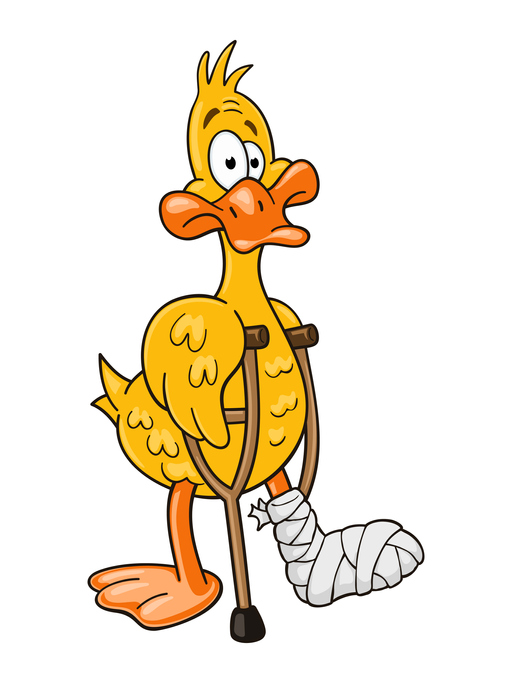When members of Congress are done with this November’s election, they’ll return to Washington for a lame duck session during which lawmakers will consider a long list of issues that threaten to drive up spending by trillions of dollars. From additional aid to Ukraine, to emergency spending for hurricane damage, and increasing welfare and entitlement spending, members of Congress have set themselves up with a “must‐pass” bill in mid‐December.
Lawmakers must not use the threat of a government shutdown during an unaccountable lame duck Congress to push through controversial legislation that will drive up federal deficits and debt—especially now, as the Federal Reserve is taking aggressive steps to control inflation.
The Committee for a Responsible Federal Budget has produced a detailed accounting of the myriad issues up for consideration before the end of this year. They estimate that this lame duck Congress is looking at driving up deficits by $555 billion in year one and by a total of $4.5 trillion over the next 10 years. That amounts to $4,500 for every American household next year. And even these shocking figures do not account for the corresponding increase in the cost of interest from higher deficits.
Many of these issues will likely come to a head with the December 16th expiration of discretionary appropriations—the spending bills governing about one‐third of the federal budget, including defense, government agency and department operations, and more than a thousand social and economic programs. If Congress doesn’t extend appropriations, federal government operations would partially shut down.
Though if past Congresses are any indication, lawmakers may decide to up the pressure yet more by extending the continuing resolution currently in place by an extra week to run up against Christmas. Nothing quite incentivizes members of Congress to finish dirty legislative business than a desire to go home for the holidays.
Lame duck sessions of Congress present a further moral hazard because they reduce lawmaker’s accountability to voters. And passing controversial legislation during lame ducks is becoming more prevalent. As James Wallner and Paul Winfree wrote:
“[Lame duck legislating] allows Members to deliberately postpone unpopular decisions until after their constituents cast their votes. […] A review of the lame‐duck sessions held since ratification of the 20th Amendment [intended to eliminate the use of lame‐duck sessions] illustrates that outgoing majorities in the House and Senate now openly work to pass as much of their agenda as they can before the new year.”
Lawmakers should refrain from abusing this upcoming lame duck session to pursue any legislative items that are not absolutely necessary. Since lawmakers have punted on their responsibility to enact fiscal year 2023 spending bills when those bills were due on September 30th, enacting a massive omnibus package during a lame duck Congress will lead to far worse outcomes than punting on those bills once more.
Originally published by the Cato Institute. Republished with permission under a Creative Commons Attribution-NonCommercial-ShareAlike 4.0 International License.
More great content from Budget & Tax News











